When it comes to Airbnb’s algorithm, there’s a lot of confusion and misinformation—often amplified by self-proclaimed SEO “experts” who claim to know exactly how to boost your property’s ranking. The truth is, much of their advice is based on guesswork and oversimplifications, leaving hosts like you misinformed about what truly matters. This email aims to break down the claims made by one such blog and provide clarity. By understanding what really impacts Airbnb’s algorithm—and what doesn’t—you can make smarter decisions that improve your listing’s visibility without wasting time on strategies that don’t work.
We’ll address six points made in the blog and clarify where the advice falls short. For example, the idea that response time improves your ranking is only partially true: it only applies to how quickly you respond to the first message of a booking inquiry, and it has no impact on communications after that point. Similarly, calendar management is important, but the blog’s suggestions miss a key trick: if your calendar has been sitting idle with no bookings, lowering your price temporarily to secure a booking can keep your listing from dropping out of visibility. However, if you constantly find yourself in this situation, it’s a sign you may need professional guidance to turn things around.
Let’s dive into each point and separate the facts from the fiction. Here’s what you need to know:
1. Response Time and Rate
One of the most frequently misunderstood claims is that faster response times will significantly boost your ranking. While response time is considered, its actual influence is far narrower than most blogs would have you believe.
Here’s the truth:
Response time and rate only affect new booking inquiries, specifically for listings that aren’t using Instant Book. Airbnb evaluates how quickly you respond to the first message from a potential guest and how often you accept or reject booking requests. Once a booking is confirmed, your subsequent communication speed doesn’t impact your ranking.
For example, taking a few hours to answer a follow-up question from a guest who has already booked won’t hurt your visibility. While prompt replies foster trust and provide a better guest experience, they don’t directly influence the algorithm.
The takeaway? Respond promptly to initial inquiries to ensure you’re meeting Airbnb’s standards, but don’t stress over rapid responses to every message. What matters is securing bookings, not racing to reply to casual questions.
2. Booking Conversion Rate
The idea that Airbnb rewards frequently booked properties is true, but it’s hardly revolutionary advice. Still, this factor remains one of the most critical for improving and maintaining your listing’s visibility.
Here’s the truth:
Your booking conversion rate—the percentage of views that result in confirmed bookings—is a primary driver of your listing’s performance. Listings with high conversion rates signal to Airbnb that they’re desirable and likely to generate revenue, prompting the platform to give them more visibility.
Boosting your booking conversion rate comes down to offering a competitive price, a compelling listing, and a positive guest experience. Focus on removing barriers to booking, such as unclear descriptions, limited availability, or restrictive house rules. The easier you make it for guests to choose your property, the better your chances of converting views into bookings—and rising in the algorithm.
3. Guest Satisfaction (Reviews and Ratings)
Guest satisfaction is another obvious yet essential component of your Airbnb ranking. Highly rated properties with consistent positive reviews tend to rank higher. But there’s more to this metric than meets the eye.
Here’s the truth:
While overall ratings are important, Airbnb places greater emphasis on recent reviews. This means if you have 100 glowing five-star reviews but only a handful in the last six months, a single poor review could disproportionately affect your rating. The platform prioritizes recent feedback to reflect the current state of your property and guest experience.
Additionally, listings that achieve around 26 reviews in a year gain a slight boost in the algorithm. This sweet spot underscores the importance of not only providing excellent service but also maintaining a steady flow of bookings to generate consistent feedback.
The key here is quality and consistency. Focus on ensuring every guest has an exceptional experience, as even minor missteps can weigh heavily on your listing’s performance in the short term.
4. Listing Accuracy and Quality
Many SEO blogs claim that optimizing your listing’s description will directly improve your ranking, but this advice is misleading. While accuracy is vital for guest trust, it doesn’t inherently boost your visibility in the algorithm.
Here’s the truth:
Listing accuracy impacts your conversion rate more than your algorithm ranking. For example, if your photos and descriptions misrepresent your property, guests may leave poor reviews, which can harm your visibility indirectly. However, there’s no evidence to suggest that including specific keywords, writing lengthy descriptions, or crafting elaborate stories will give you a direct advantage in the algorithm.
Instead, focus on creating a listing that is clear, concise, and engaging. Highlight the features that matter most to your target audience, and avoid overloading your description with unnecessary details. The goal is to attract and convert potential guests, not to impress an algorithm.
5. Calendar Management
Many blogs claim that simply keeping your calendar open will improve your ranking. While calendar management is important, its effect is limited to maintaining your existing visibility rather than actively boosting it.
Here’s the truth:
Airbnb favors listings with actively booked calendars. If your property goes 30 consecutive days without a booking, your visibility in search results will start to decline. The trick here is to avoid prolonged gaps in your calendar. If bookings are slow, temporarily lowering your price can help you secure a reservation and reset the clock.
However, if you find yourself repeatedly dropping prices just to get bookings, it’s a sign of a larger issue. Is your pricing strategy competitive? Does your property appeal to your target audience? If you’re struggling to maintain steady bookings, it might be time to seek professional guidance to reassess your approach. Don’t let inaction or a busy schedule cost you consistent visibility.
The bottom line is that bookings—not merely an open calendar—are what keep your listing visible in Airbnb’s algorithm.
6. Price Competitiveness
Finally, SEO blogs often suggest that pricing your property higher or lower will directly influence your ranking. While price plays a role, it’s not as straightforward as they make it seem.
Here’s the truth:
Airbnb doesn’t inherently favor low or high prices. Instead, it evaluates how your pricing affects your click-through rate (CTR) and booking conversion rate. For example, if your property attracts many views but few bookings, it signals to Airbnb that your pricing or value proposition may not align with guest expectations, which can hurt your ranking.
The key is to price your property competitively based on market trends, seasonality, and the amenities you offer. Regularly review comparable listings in your area to ensure your pricing is neither too high nor too low. Striking the right balance will not only improve your booking rate but also maintain your listing’s visibility.
Final Thoughts
Understanding the nuances of Airbnb’s algorithm is essential for building a successful short-term rental business. By focusing on actionable strategies—like responding promptly to inquiries, maintaining high guest satisfaction, and optimizing your pricing—you can rise above the noise of SEO myths and achieve lasting success.
If you’re still struggling to boost your listing’s performance or aren’t sure how to implement these strategies, don’t hesitate to reach out. Professional guidance can help you identify gaps in your approach and create a tailored plan to maximize your property’s potential. Don’t let misinformation hold you back—success starts with understanding the truth.




